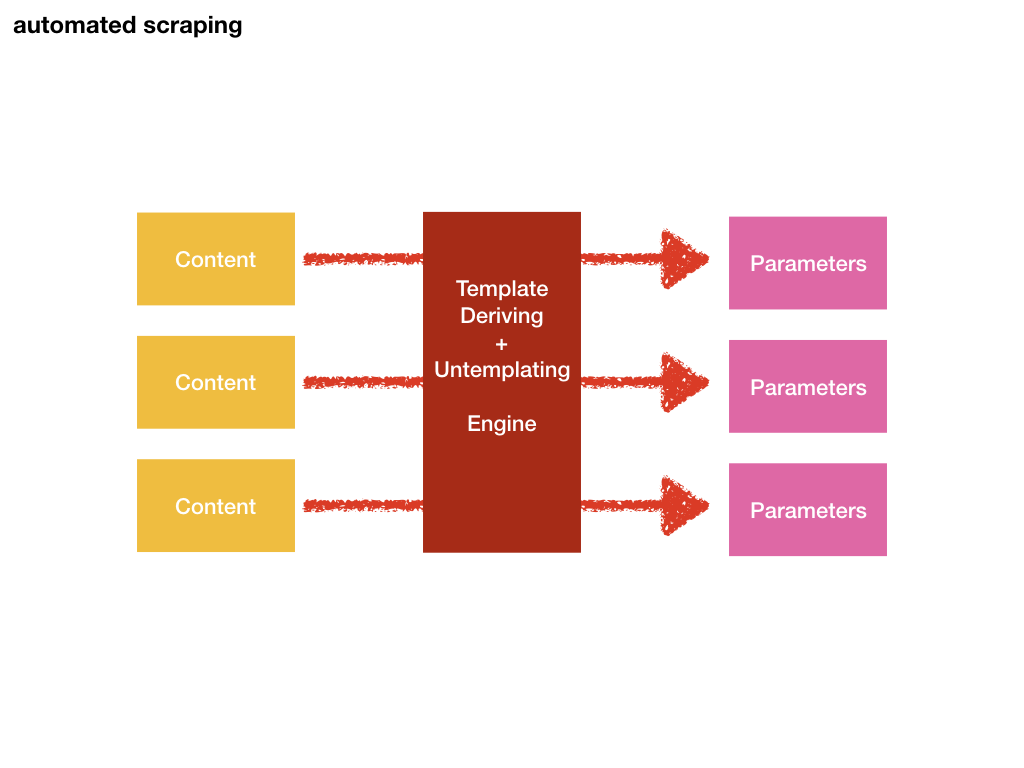Create template from strings (reverse formatter)
Project description
template-analysis
Generate template and extract variables from texts. In other words, template-analysis makes reverse template (untemplate).
Usage
Currently, this supports to analyze only two texts.
from template_analysis import analyze
result = analyze([
"A dog is a good pet",
"A cat is a good pet",
"A cat is a pretty pet",
"A bird is a great pet",
])
result.to_format_string() # => "A {} is a {} pet"
result.args[0] # => ["dog", "good"]
result.args[1] # => ["cat", "good"]
result.args[2] # => ["cat", "pretty"]
result.args[3] # => ["bird", "great"]
Concepts / Future plans
Development plans
- 1. Untemplate two texts.
- 2. Untemplate multiple / complex texts.
- 3. Untemplate nested / tree-structured texts.
- 4. Support several features for scraping.
- 5. Implement a more efficient algorithm.
Image boards
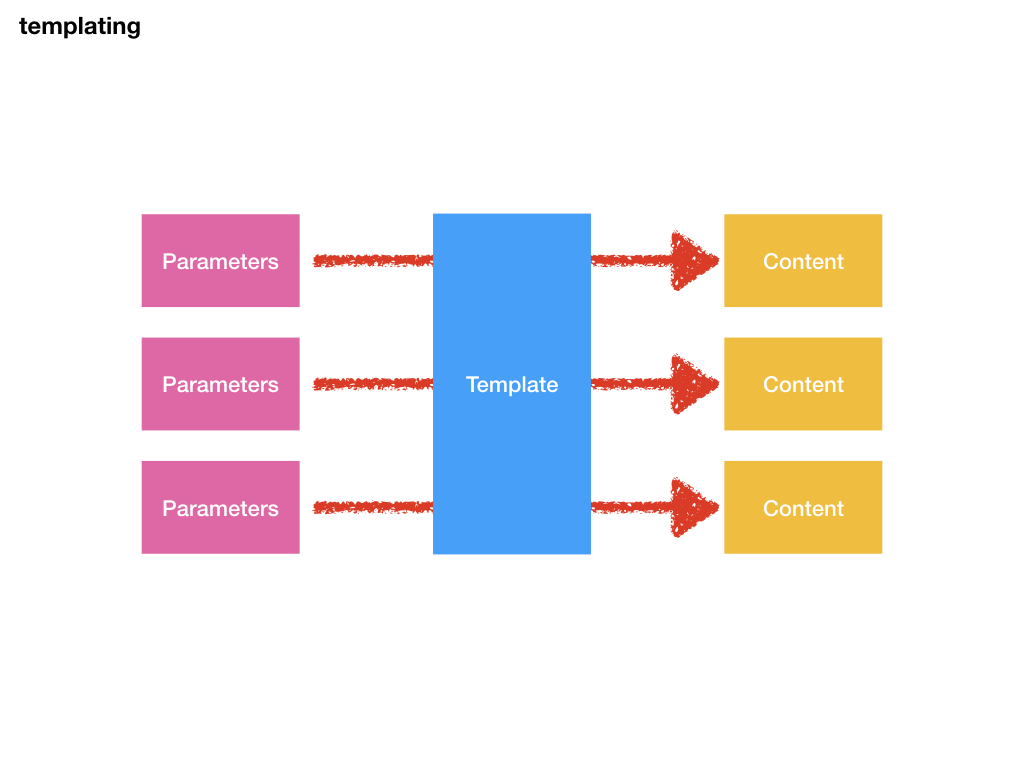
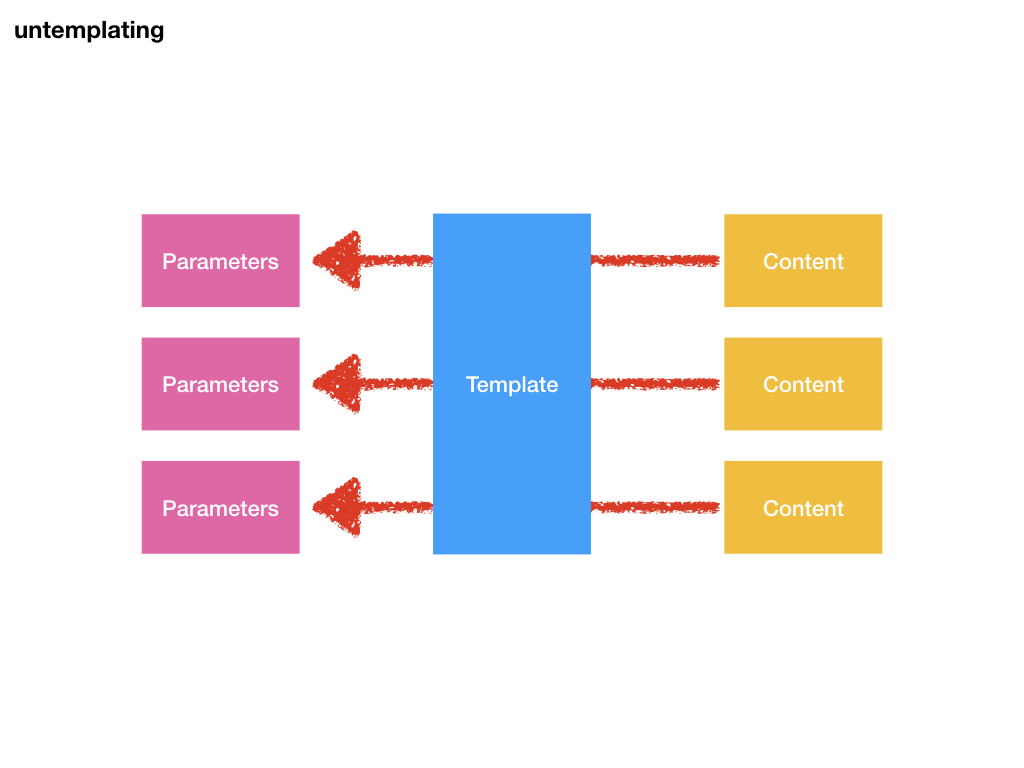
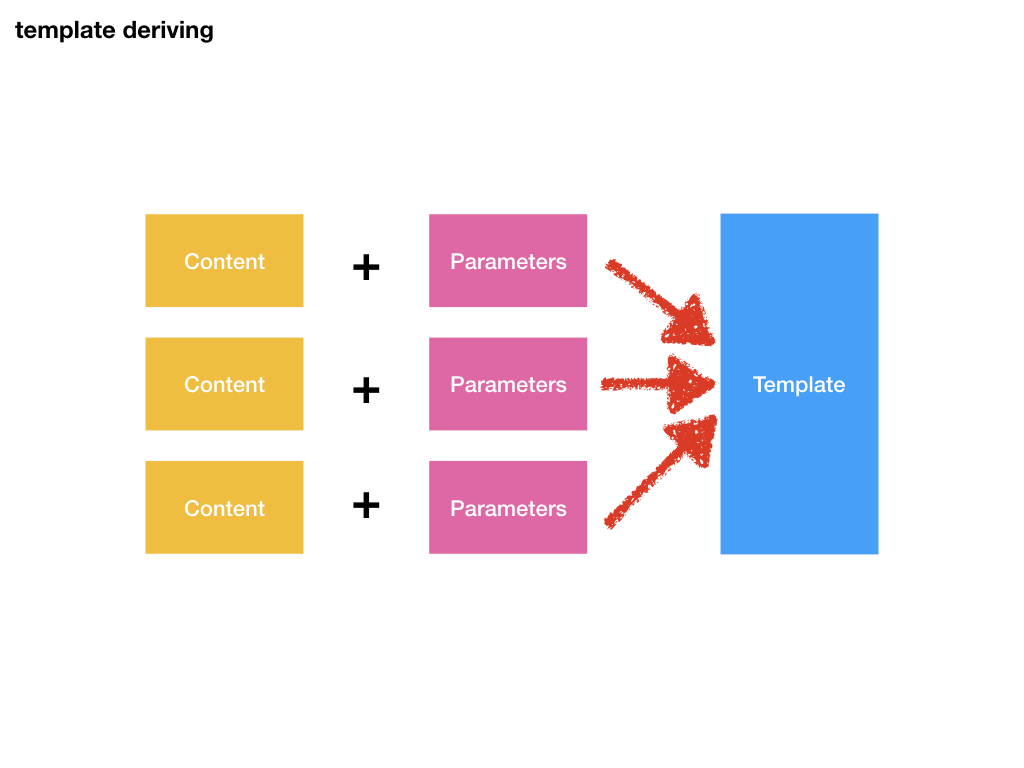
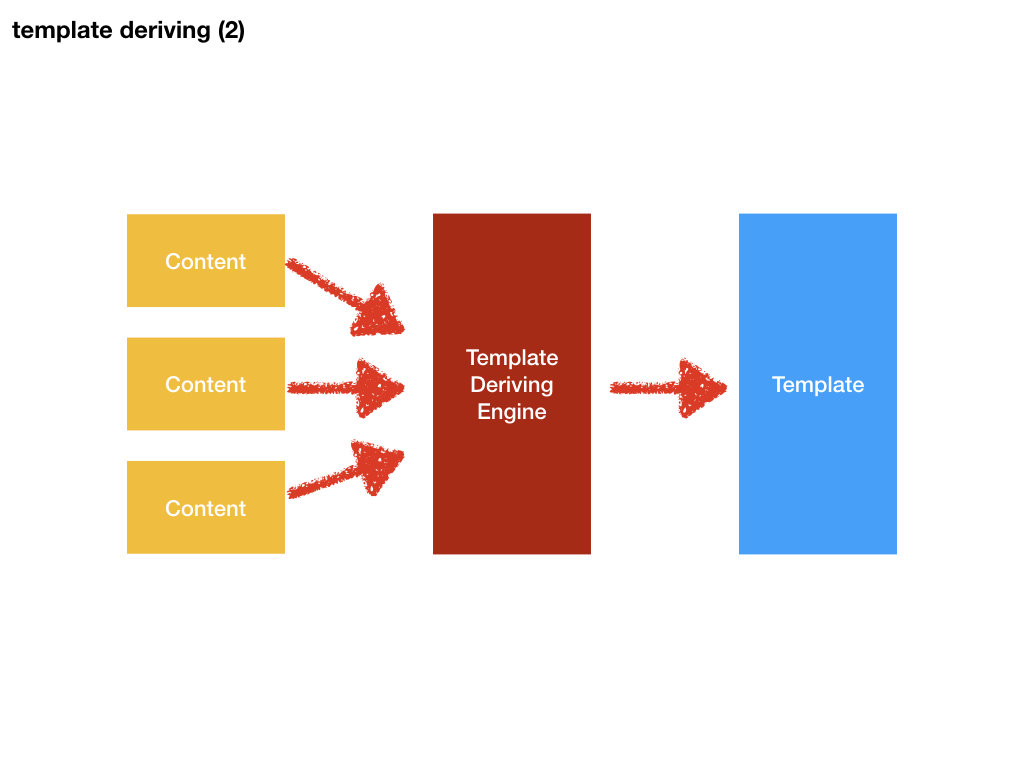
License
The 3-Clause BSD License. See also LICENSE file.
Project details
Download files
Download the file for your platform. If you're not sure which to choose, learn more about installing packages.
Source Distribution
template_analysis-0.0.6.tar.gz
(23.0 kB
view hashes)
Built Distribution
Close
Hashes for template_analysis-0.0.6-py3-none-any.whl
| Algorithm | Hash digest | |
|---|---|---|
| SHA256 | 9dbced0daec83d101d2c1bd4772550d0473cd5b3dd24776330eaab337bc305ab |
|
| MD5 | 2fbfe9807f0f9f7e4a29e9c176f558b0 |
|
| BLAKE2b-256 | 4d8b8d619634f295d199a77c2771c297e92d8a4aff345e585cc70aadd8ab2f0d |






